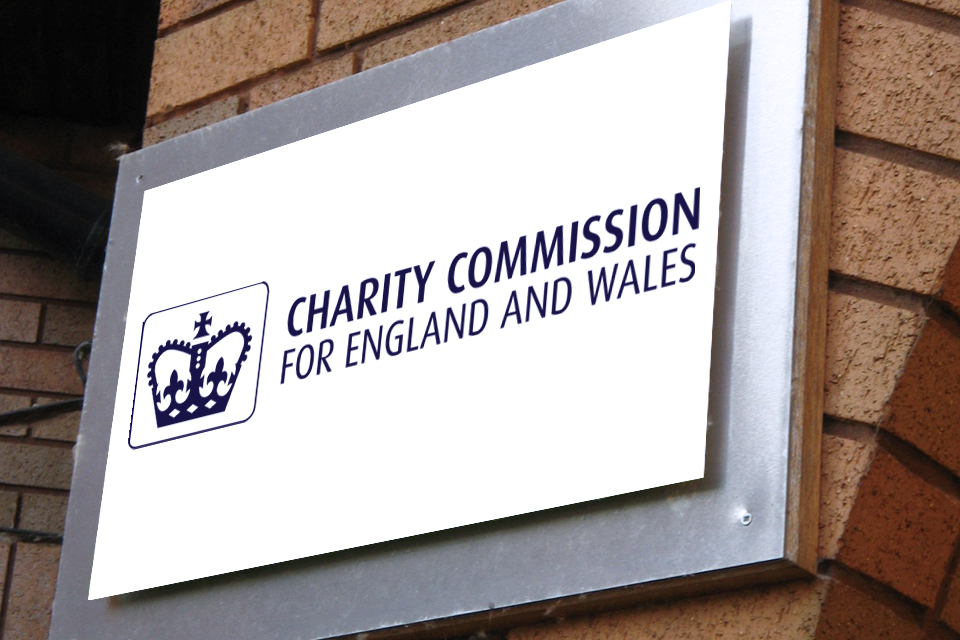After engaging with charities and sector bodies, the Commission has refined its guidance (known as ‘CC11’) to make it clearer, easier to use and to help trustees navigate the law.
Trustee payments
The underlying rules on trustee payments have not changed. The redesigned guidance continues to stress that it must be clearly in the charity’s best interests to pay a trustee (or person connected to them), with all other options having been carefully considered, and the resulting conflict of interest managed. Additionally, a charity must have legal authority to pay.
The guidance is now split into a range of trustee payment scenarios, including supplying goods or services to the charity, loss of earnings, and being employed, and has been redesigned to help trustees think through the issues and risks and determine if they have powers they can use or if they need authority from the Charity Commission.
Trustee expenses
The Commission is clear that expenses do not constitute trustee ‘payments’ and that trustees are entitled to have their reasonable expenses reimbursed by the charity. It has therefore separated out information on trustee expenses into a distinct guide published as part of today’s suite.
Whilst travel and accommodation costs are a common reason for claiming expenses, the guidance says they may also include costs for things like childcare or adjustments enabling those with disabilities to conduct their role.
Charity Commission Director of Communications & Policy, Paul Latham, said
The charity sector is founded on public trust – and voluntary trusteeship is a key component of that. The vast majority of trustees are unpaid and give their time willingly and enthusiastically.
However, some charities will face circumstances where they consider whether to pay one or more trustee. It is vital that they get these decisions right and comply with the law on paying trustees or people or organisations connected to them.
With the launch of this redesigned guidance, we hope to make the legal position on paying trustees even clearer, whilst helping trustees understand what’s expected of them when reaching these decisions.
He added
Expenses are not a form of trustee payment, those are a reimbursement of the reasonable costs incurred to perform that role.
Whilst trustees are not required to claim them, in making clear that trustees can do so, charities may avoid putting off good candidates from joining their board because of the financial impact.
All guides are available to read on gov.uk
ENDS
Notes to editors
- The Charity Commission is the independent, non-ministerial government department that registers and regulates charities in England and Wales. Its ambition is to be an expert regulator that is fair, balanced, and independent so that charity can thrive. This ambition will help to create and sustain an environment where charities further build public trust and ultimately fulfil their essential role in enhancing lives and strengthening society. Find out more https//www.gov.uk/government/organisations/charity-commission/about
- The guidance can be read on gov.uk.

